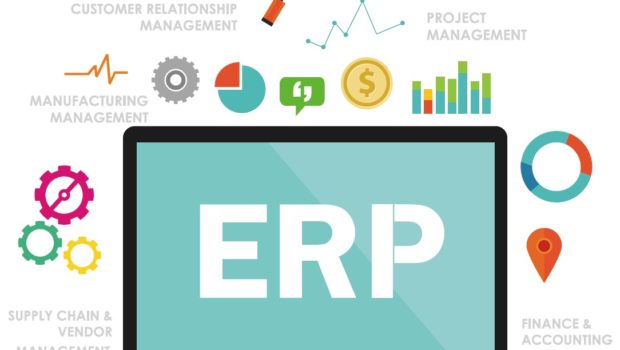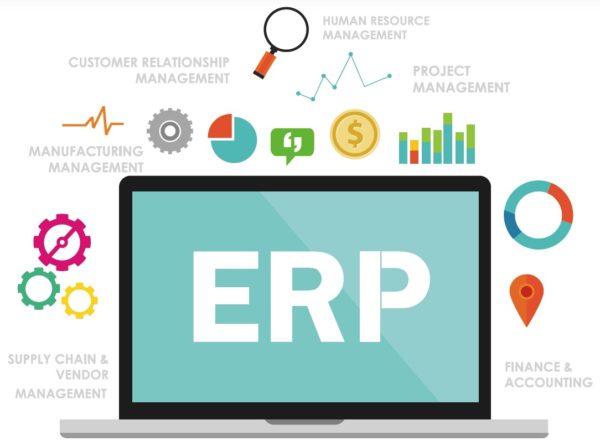The Complete List of Digital Tools Every Company Needs to Succeed
Longstanding and established businesses are on a precipice. On the one hand, they have the reputation, customer base, and history that customers trust and turn to. On the other hand, their company would have been built during another era, meaning that innovation and digitization can be a long and difficult process to achieve. Migrating to digital tools, however, is critical to their continued success, as without it their customers will become frustrated and leave.
They will leave because their standards will have been increased, and if an established company does not work on meeting or even exceeding those standards, they will be left behind. Thankfully, the benefits of innovating go beyond keeping up with the competition. They help you maximize profits and minimize costs, and all you need to do is implement these digital tools:
ERP Software
Enterprise Resource Planning (ERP) software should be a requirement for every single enterprise out there, because it allows for large companies to centralize their data and have access to information from other departments in real time. What this means is that you can reduce or eliminate wait time or processing time between your different departments because they can act in according to the data they have.
Your sales team member can instantly sell a product to a customer because they know it is in stock. Your inventory team can automatically order more baling wire for the production team because they know they are running low, and so on. By sharing information, your team can work faster, and with less hassle or mistakes.
Management Software
Just as you should centralize your data, so too should you use management systems. These consist of the following:
Content Management Systems (CMS)
Useful with organizing and categorizing products or items in a database. CMS’s are essential for e-commerce.
Customer Relationship Management (CRM)
Useful for organizing customers and suppliers’ data, so that you not only always have your means to contact them, you have the means to offer them ongoing service and support based on their needs and preferences.
Product Lifecycle Management (PLM) software
Stepping beyond the realm of customer interaction, Product Lifecycle Management (PLM) software plays a pivotal role in the meticulous orchestration of a product’s journey from inception to obsolescence. It is the digital backbone that supports the entire lifecycle of a product, delivering a centralized repository for all information related to product design, development, manufacturing, and retirement. With PLM software, companies can streamline their processes by connecting disparate teams and departments, fostering collaboration, and enhancing communication across the product value chain. This innovative tool enables businesses to manage product complexity and transform a multitude of ideas into tangible, market-ready offerings while ensuring compliance with industry standards and regulations. By applying PLM software solutions, organizations can significantly reduce time-to-market, optimize resource utilization, and elevate the overall quality of their products, ensuring they stay competitive in a fast-paced and ever-evolving market landscape.
Other types of management systems include Executive Support Systems (ESS), Management Information Systems (MIS), Decision Support Systems (DSS), and so much more. There are management systems to help you make better sense of your data in every industry, so find the best ones for your company and implement them immediately.
Automation Software
Of course, the best way to innovate your business is to offer personalization for your customers and clients. No one wants to feel like one of many, which is why personalization is the way of the future. For now, this means tailoring content to a user’s likes and preferences. In the future, however, it could mean creating custom products for your customer’s needs, from specific sizes to decorative decisions.
The future will always be upon us, which is why you must commit to a lifetime of innovation. If you don’t, the future will leave you behind, and your customers will go along with it.

















